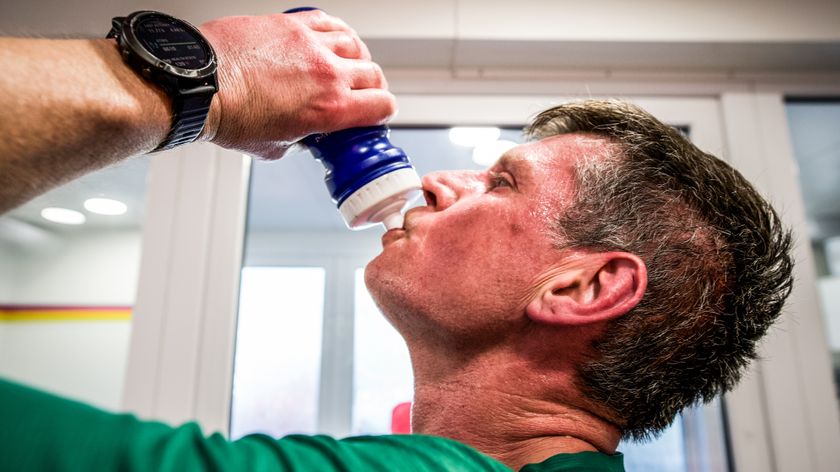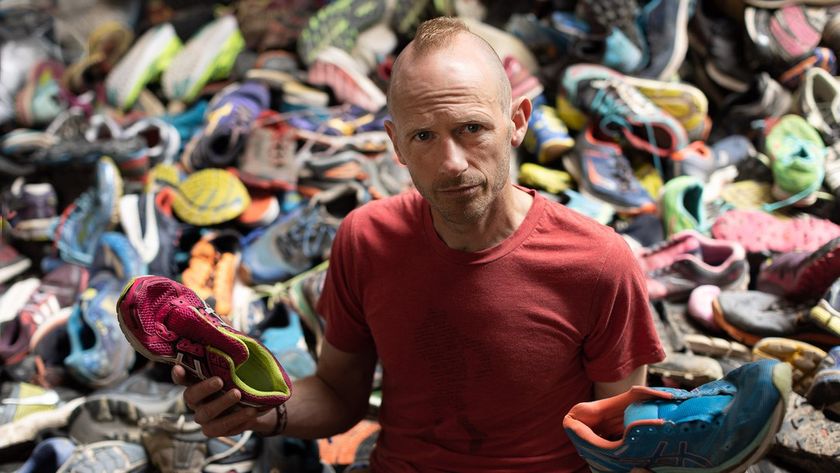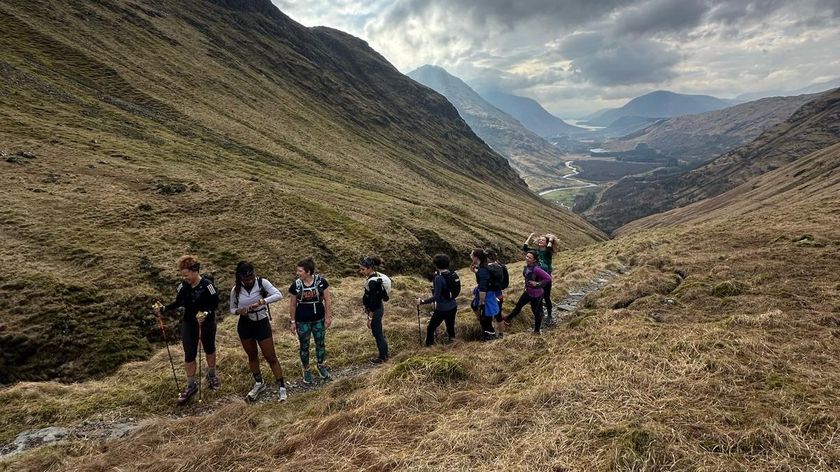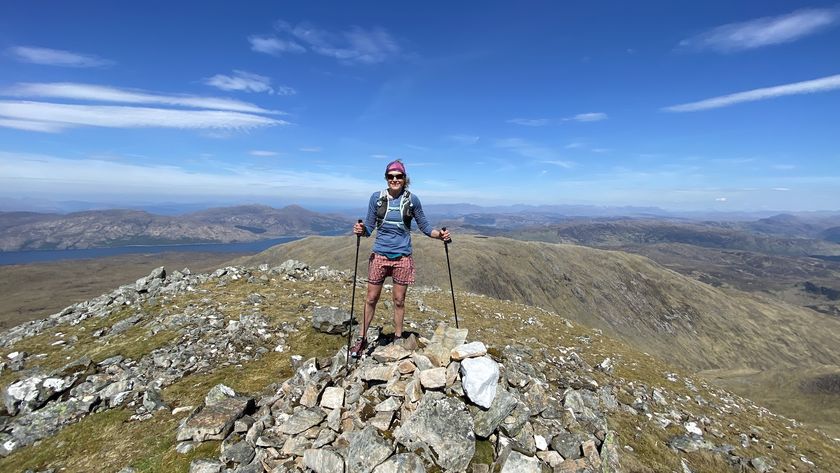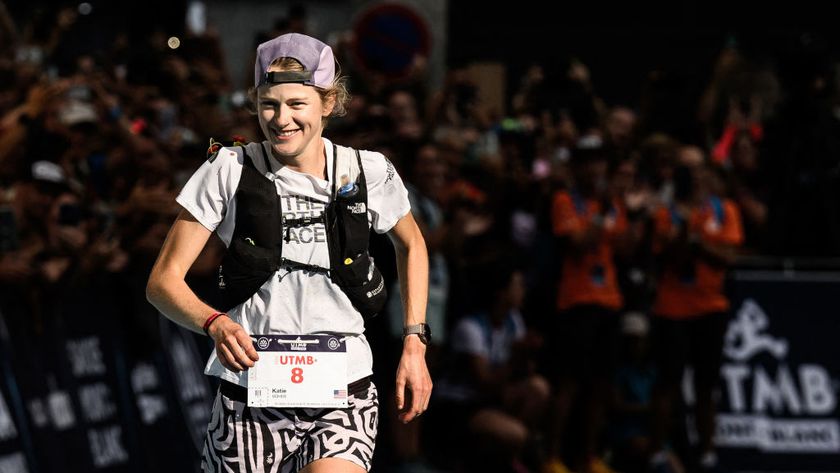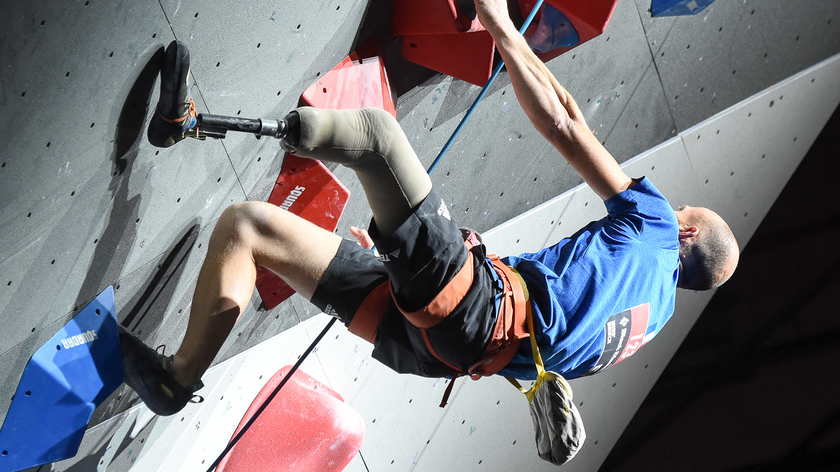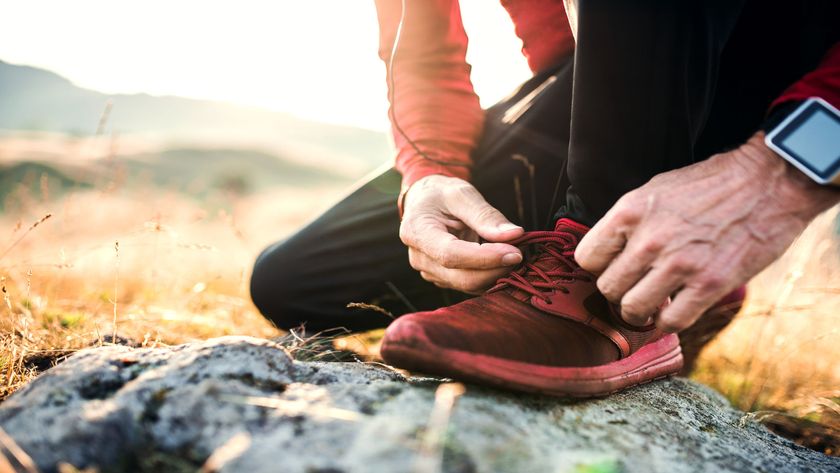7 tips for completing a desert marathon: top ultra runner Jon Shield reveals how he prepared for Namibia’s Desert Ultra
British athlete and ultra running coach Jon Shield reveals what it takes to smash a race across the Namibian desert
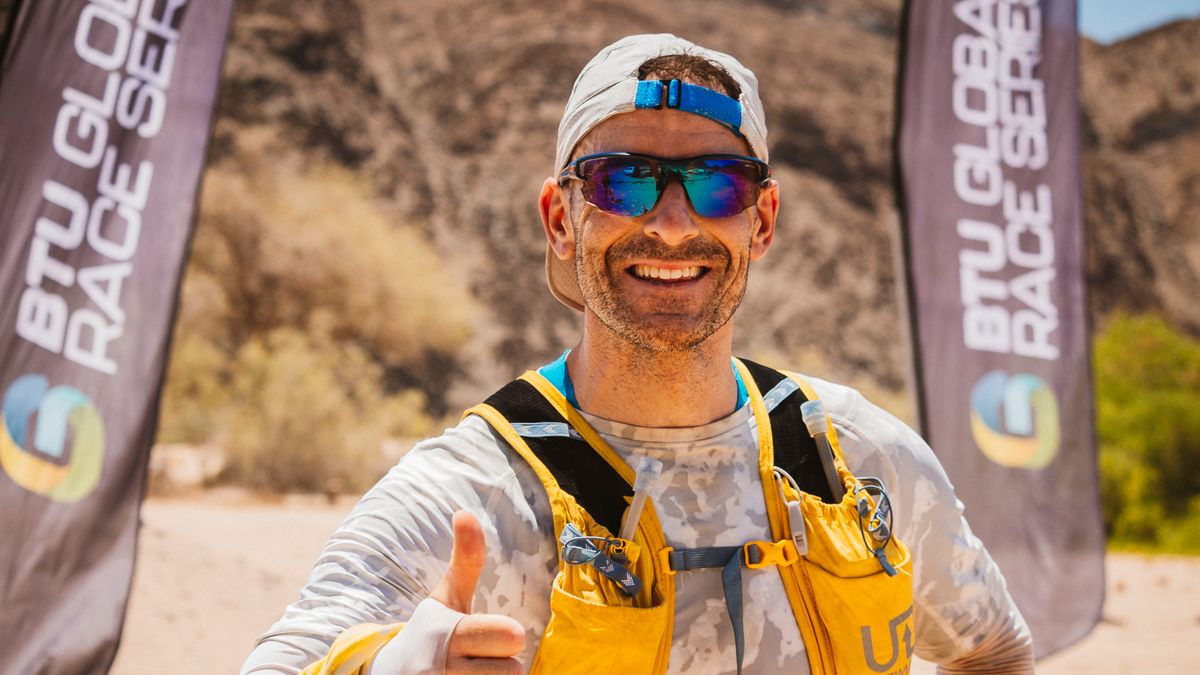
Ultra runner Jon Shield has made history by becoming the first male athlete to win every race in Beyond The Ultimate’s Global Race Series. His latest triumph came at the Desert Ultra in Namibia on November 21, 2024 where he tackled 122°F/50°C heat, powerful winds and relentless deep sand to secure victory across all five stages, completing the 250km course in an impressive total time of 27 hours and 39 minutes.
“It feels great to complete the series, winning every race,” Shield tells Advnture, having dominated the race from start to finish, winning every stage. The win is Shield’s fifth BTU title, having won four in the Global Race Series plus the BTU Highland Ultra. “The BTU series has taken me to some beautiful, far-flung places and extreme environments. From stunning scenery to amazing wildlife and fantastic people, I’ve loved every minute.”
The Desert Ultra marks the culmination of a six-year journey into ultra running for Jon, who’s from Shropshire and who began running during the COVID-19 pandemic. His resilience was forged during his time in the Parachute Regiment, where a parachute jump left him with severe injuries, leading to his medical discharge. Despite this setback, he retrained as a paramedic, balancing his career with his newfound passion for running. Having taken a breather after his phenomenal achievement, Shield gave us the lowdown on all you need to complete an ultra marathon across the most hostile and unforgiving environments.
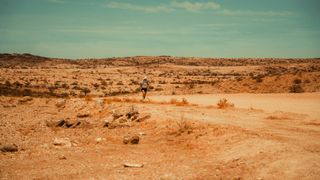
1. Sign up for heat adaptation
“Your body needs to acclimate to extreme temperatures to perform efficiently and avoid heat-related issues,” says Shield, who used a heat chamber at London’s Altitude Centre to train in facilities that simulate desert conditions. “While not perfect (the desert temperatures reach 126°F/52°C), the chambers reach up to 118°F/48°C – close enough to prepare your body for the heat. If you don’t do it, it can be really dangerous.”
Shield did eight heat chamber sessions over four different days. “Each session is an hour, running on the treadmill. The idea is to train the body to get hot so the body can elicit the heat adaptions required for running in the desert. Though nothing substitutes being in the environment in advance ideally.”
Your acclimatisation can start with saunas: before transitioning to heat chamber runs, build heat tolerance by sitting in a sauna for 20-40 minutes daily, sometimes twice a day. You need to spend two weeks on heat adaptation for full readiness.
2. Train by missing trains
“Bring a paramedic is a very demanding job and I have to train around it,” says Shield. “Prior to the Desert Ultra I had to run 18½ miles – on the back of a 12-hour shift – to catch a train from Shrewsbury in Shropshire for a heat chamber session in London.”
Advnture Newsletter
All the latest inspiration, tips and guides to help you plan your next Advnture!
Shield had the chamber session booked when he discovered the trains from his local station wouldn’t be running early enough for him to make the connection – so he ran to a station that would.
“I set out at 2am and got to Shrewsbury in two hours 43 minutes – with a full pack on my back. I then did two one-hour runs in the heat chamber in London before getting home at midnight. That was a 30-mile day on the back of a paramedic shift. It’s tough but it’s what you have to do.”
3. See it as a holiday
Your mindset is as important as your physical preparation. “Sure, part of the goal is winning, but I like to dominate as well,” says Shield. “It’s just being the best you can be – kind of me against myself. But it's like a holiday, because I can just switch off when you've got all the stresses going on here and the work and when I get out there, I don't have to think about anything.
“All I have to think about is eat, drink, sleep, run – do it again, do it again, again, and that's it. So, it's really simple, but I think I like that. However, everything becomes very simplified, and it's all on you. I know that if I don't prepare well, I won’t succeed.”
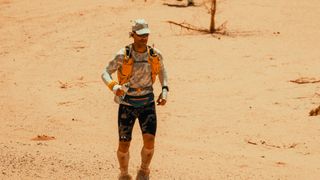
4. Diarrhoea is a motivation
“Motivationally, I'd been crying myself to sleep every day for a year to get the opportunity to race across the desert again,” says Shield. “Last year I got a DNF as I caught a diarrhoea and vomiting bug before the start of the race. I still won the first stage, although I was vomiting, but when I got up the next day, I just couldn't run.
“Unfortunately, sometimes when you travel to other countries, this stuff happens – you've got to accept it and deal with it. It’s tough being around the other competitors when you’re unable to take part, you just join in, be a good sportsman and, in my case, offer some support. I have a sports science background and am developing a running coach business, so I just offered support to those who needed it.”
5. Watch out for the wildlife
“There’s no shade in the Namib desert – it’s a very unforgiving place which is why it’s crucial to get heat-adapted before you go, because once you're out there, you’re at the mercy of that race,” says Shield. “It's not like, say, Marathon des Sables – this desert’s got desert-adapted lions, desert-adapted elephants – a whole lot more wildlife to be aware of too.”
6. Experience counts for a lot
“You get a bit a bit wily the more ultras you do,” says Shield. “Learning how and when to pack your kit – and how much to carry changes as you do more desert races.”
“You learn how to make life easier so things take less long in the morning, just getting your breakfast ready, getting your kit ready, doing something the night before to essentially speed up the morning prep is crucial – you need to get going when it’s coolest.
“Also making your bag light as possible is key. I’ll see people on a desert ultra with packs getting on for twice as heavy as mine. I know how much food I’ll be able to manage, or manage without in a hot environment – and I’ll take more nutrition in through my fluids.”
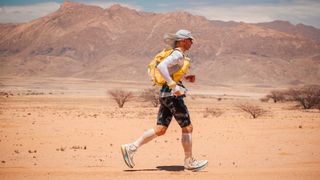
7. There’s always a harder challenge
Having completed gruelling stage races like the Dragon’s Back, renowned as the world’s toughest mountain race, Shield believes he has a unique advantage in events like the Desert Ultra. “My experience with long, high-intensity days, fuelling strategies and mental resilience in events like that is especially helpful in a Desert Ultra.
“While some competitors are here for the adventure, I approach it differently – training harder, smarter, and with a focus on being competitive. Everyone has their own reasons for participating, but my edge lies in my preparation and willingness to push boundaries, aiming for the front of the pack.”
But with the Desert Ultra and a fourth BTU title in the bag, Shield isn’t putting his feet up just yet. “I’m preparing for the Arctic Ultra by tackling the UK Spine Race’s 160-mile event as a cold-weather warm-up. Transitioning from extreme heat to Arctic conditions will be a challenge, especially with the 293-mile race involving skis and pulling a pulk. After the Arctic, I’ll take on Scotland’s Cape Wrath Ultra, an eight-day, multi-stage race in May. It’s another big challenge that involves pushing my limits across diverse, extreme environments.”
Discover more at www.beyondtheultimate.co.uk

